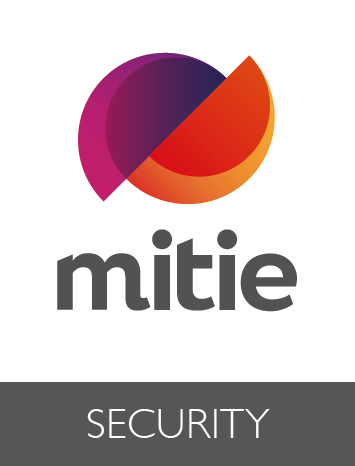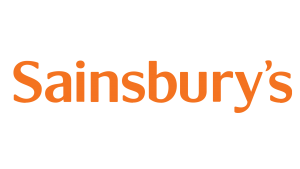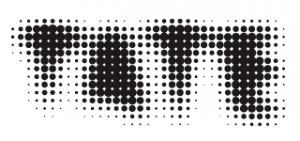Sales of spy equipment and covert devices have been rising over recent years, and increasingly sophisticated technology is widely available from online stores at low prices.
A question we are often posed when discussing the threat of covert listening devices with clients is whether such devices are illegal. Indeed, someone who may be considering using a listening or recording device for their own surveillance purposes may also ask ‘Can I legally plant a covert eavesdropping device or am I breaking the law?’.
Let’s examine what is and isn’t legal in the use of eavesdropping devices.
Check the law in the country in which you are operating
For the purposes of this blog post we will be looking at this issue from the perspective of English law. It is important to note that each country has its own domestic law and stipulations on the legal use of eavesdropping devices.
Use of eavesdropping devices in your own premises or residence
In the UK there are two main considerations with the use of eavesdropping devices and whether this represents illegal use – whether it impacts on the privacy of another person, and whether the recordings are shared with a third-party without their consent. This fundamentally echoes the legal principles of data protection and Human Rights.
For example, the following are legal uses of CCTV:
- In your owned home or business premises, and on the outside of your property, for your own use.
However, the following are not legal uses of CCTV:
- In homes or business premises you do not legally own or in which you are not legal tenants
- In areas where subjects may have a reasonable expectation of privacy, for example toilets and changing rooms
- On the outside of property and recording in the range of other people’s property where they expect privacy
- With the use of sound recording on CCTV networks
- When recordings are shared with a third-party without the permission of those captured
- In public places where members of the public are not alerted to its use, when the CCTV operator is not registered with the Information Commissioner’s Office, and/or the operator does not take action to safeguard the privacy of footage.
With regards to listening devices and the recording of conversations, the same principles of privacy and consent apply as above. Principally, private phone calls cannot be recorded. However, there are some distinctions to note:
- If a recording is to be submitted for evidence in a legal case and consent was not obtained from the recorded person, there are situations when this is permissible in court but it is not always looked at favourably.
- A private conversation can be recorded with another person without informing them if this recording is not shared with a third party
- A conversation can be recorded without consent and shared with a third-party provided it is in the public interest to do so, however it can be difficult to prove and justify this.
There are certain rules with regards to the recording of conversations held for business purposes. Businesses have to legally disclose when they are recording conversations with members of the public, for example in the provision of telephone customer support. There are some situations when they do not need to do this, and these can be found here. The recording of conversations between employees and customers is legal provided implied consent is given.
Use of eavesdropping devices in premises you do not own or legally occupy
In short, this is illegal. Anyone placing a covert eavesdropping device in a property they do not own or legally occupy would be breaching the privacy of the occupant or resident they are recording or listening to, and it would only be permissible if the occupant has given permission for them to do so. The only exception to this may be their use by legal enforcement agencies or Government bodies but they must do so in accordance with the Regulation of Investigatory Powers Act (RIPA).
In the context of the corporate espionage threat, the discovery of an eavesdropping device usually points to illicit activity and the attempt by an adversary to gain intelligence relating to their normally private conversations on sensitive matters. Threat actors including hostile states, competitors and rogue insiders may use eavesdropping devices to gain intelligence, intellectual property and competitive advantage and do so in conjunction with other techniques such as physical, cyber or human to achieve their own objectives.
Guidance on the choice of listening device
In order to be used legally, the device itself must meet requirements. It must be permitted for public use and it cannot use a UHF or FM frequency limited for Military and Air Band use.
If you suspect your conversations are being listened to or you find an eavesdropping device and want some advice on how to proceed, contact us. We are experienced in technical surveillance and countering this threat, as well as how to deactivate a listening device and capture evidence which is admissible in legal proceedings if required.
Disclaimer: This blog post has been compiled in an effort to be as accurate as possible at the time of writing, however it should be recognised that idiosyncrasies may exist and for reassurance, advice should be sought from our specialist Esoteric solutions and/or legally trained professionals.







